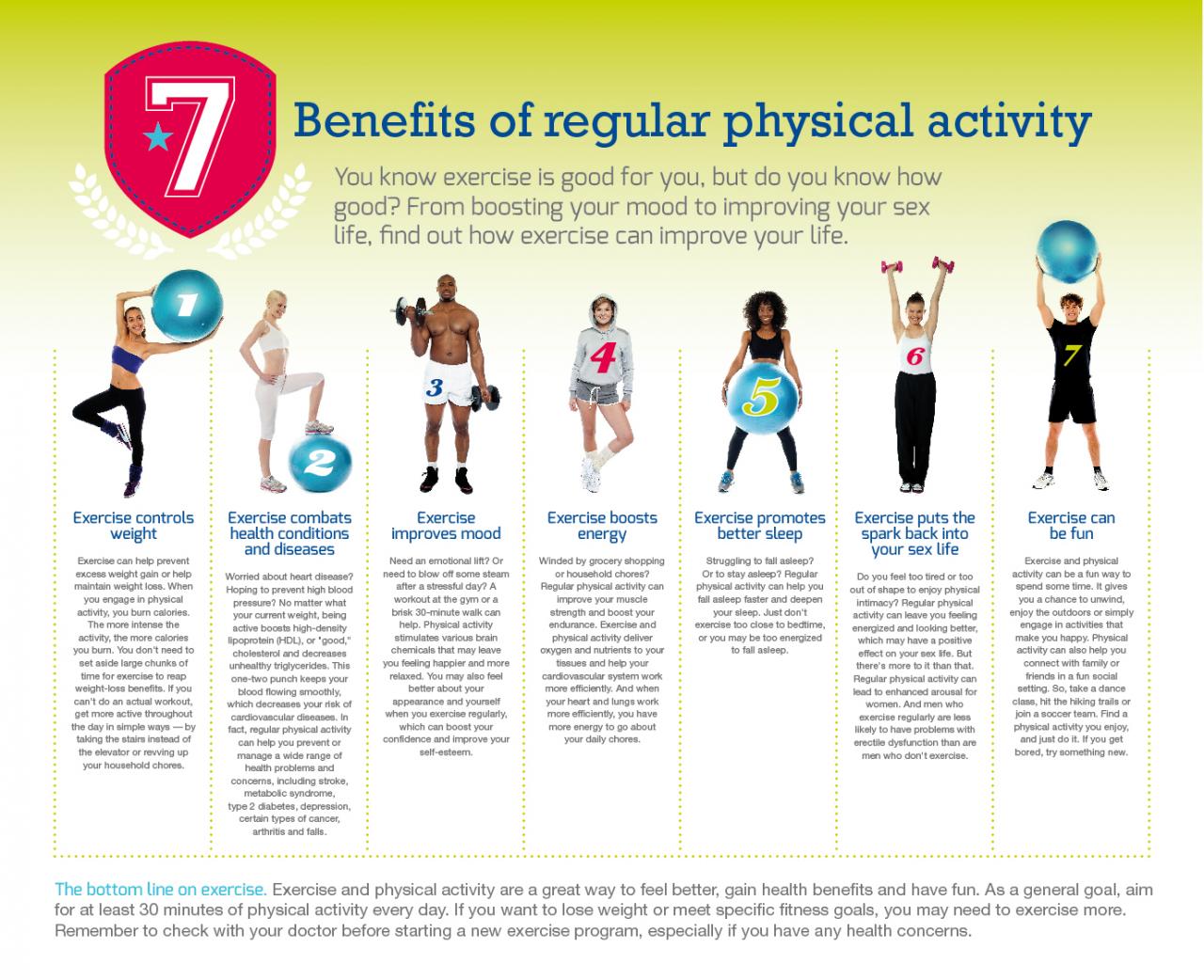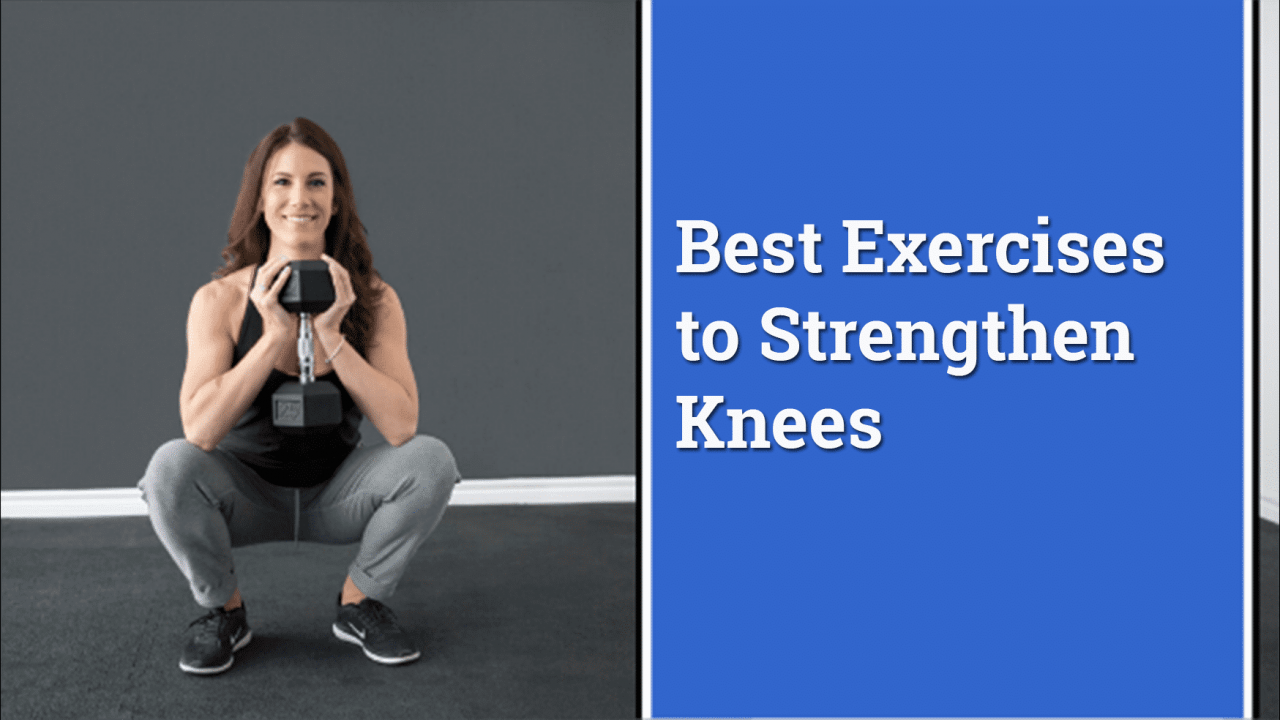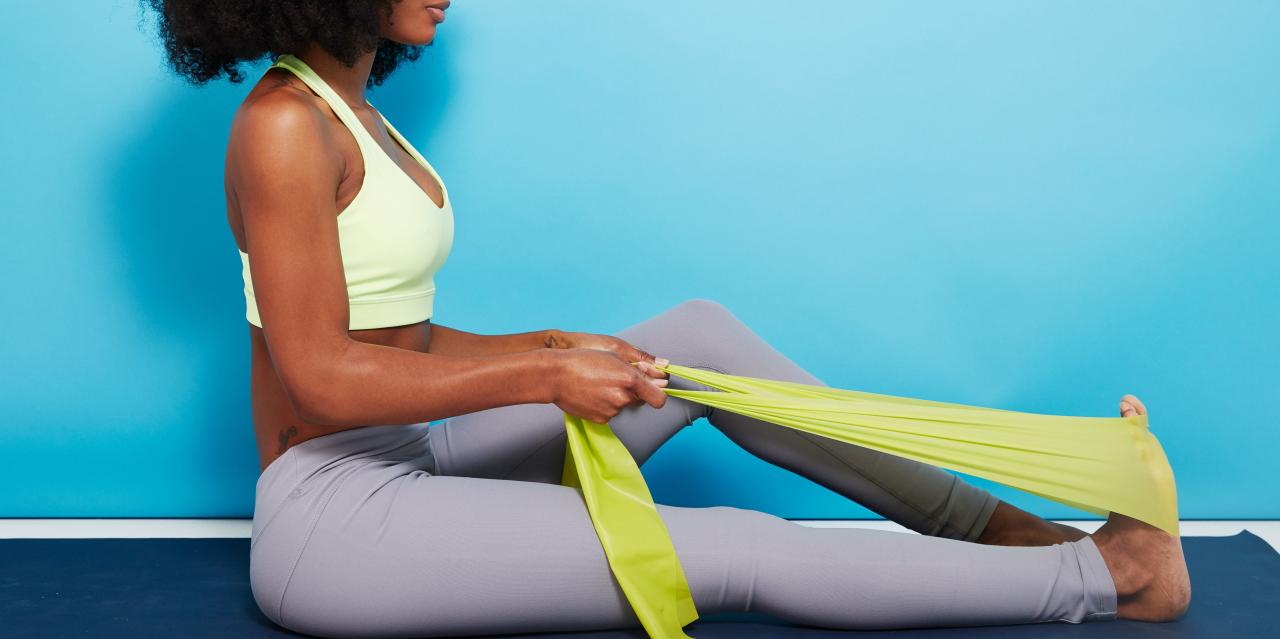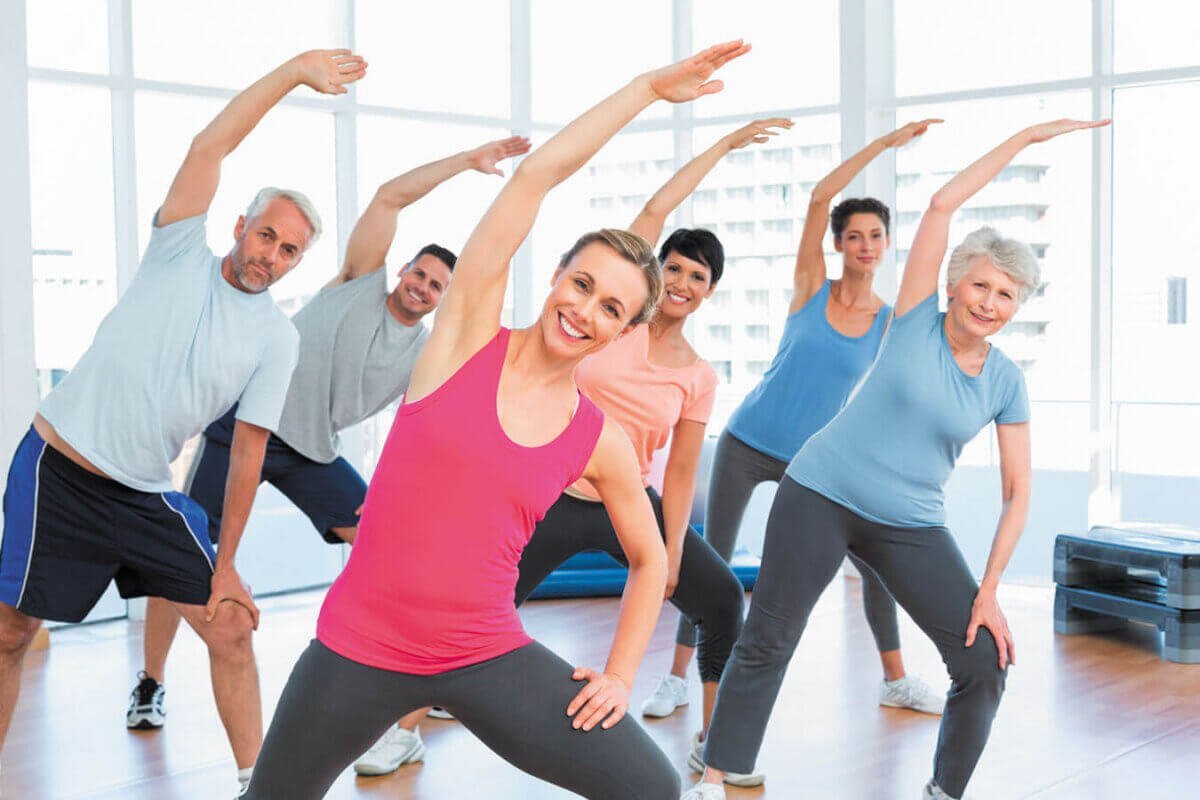
Explain why regular exercise is the best way to prevent flexibility issues. – Regular exercise is widely recognized as the most effective means to prevent flexibility issues. This comprehensive guide delves into the physiological benefits, long-term effects, and practical strategies for incorporating exercise into a routine to enhance flexibility and maintain optimal physical well-being.
Understanding the concept of flexibility and its importance for overall health is crucial. Limited flexibility can lead to various physical ailments and discomfort. Regular exercise, on the other hand, helps maintain and improve flexibility by promoting joint mobility, muscle elasticity, and overall range of motion.
Definition and Importance of Flexibility

Flexibility refers to the range of motion available at a joint or series of joints. It plays a crucial role in overall physical health, enabling us to perform daily activities with ease and grace. Limited flexibility can result in stiffness, pain, and an increased risk of injuries.
Sisters are also being showered with happy mother’s day sis wishes, acknowledging their nurturing roles and the special bond they share. Mothers are being celebrated in all their forms, with heartfelt happy mothers day wishes mom expressing gratitude and appreciation for their unwavering love and support.
Physiological Benefits of Regular Exercise for Flexibility

Regular exercise helps maintain and improve flexibility by promoting the production of synovial fluid, which lubricates joints. It also strengthens the muscles surrounding joints, providing support and stability. Specific exercises that enhance flexibility include dynamic stretching, yoga, and Pilates.
Long-Term Effects of Exercise on Flexibility
Consistent exercise can lead to sustained flexibility over time. Research has shown that regular stretching can increase range of motion by up to 20%. The benefits of exercise for flexibility are particularly evident in older adults, as it can help prevent age-related stiffness and loss of mobility.
Alternative Methods for Improving Flexibility
In addition to regular exercise, other methods can complement flexibility improvement. Yoga and Pilates are low-impact practices that focus on stretching and strengthening. Foam rolling can also help release tension in muscles and improve range of motion.
Integrating Exercise into a Routine for Flexibility: Explain Why Regular Exercise Is The Best Way To Prevent Flexibility Issues.

To achieve optimal flexibility, it’s important to incorporate regular exercise into your daily or weekly routine. Aim for at least 30 minutes of moderate-intensity exercise most days of the week. Start with a warm-up and gradually progress to dynamic stretching exercises.
Consistency and gradual progression are key to maximizing the benefits of exercise for flexibility.
Concluding Remarks

Incorporating regular exercise into a daily or weekly routine is essential for sustained flexibility. Consistency and gradual progression are key to achieving and maintaining optimal flexibility levels. Alternative methods such as yoga and Pilates can complement an exercise regimen, offering additional flexibility-enhancing benefits.
Mothers around the world are being celebrated today, with happy mother’s day greetings echoing in various languages. In the realm of the departed, mothers are being remembered with happy heavenly mother’s day messages, honoring their eternal love and sacrifice.
By following the principles Artikeld in this guide, individuals can effectively prevent flexibility issues, improve their overall physical health, and enjoy a more active and fulfilling life.
Clarifying Questions
What are the key benefits of regular exercise for flexibility?
Regular exercise helps maintain and improve joint mobility, muscle elasticity, and overall range of motion, preventing flexibility issues.
How does exercise contribute to long-term flexibility?
Consistent exercise leads to sustained flexibility over time, reducing the risk of age-related flexibility decline and promoting overall physical well-being.
Can alternative methods complement regular exercise for flexibility improvement?
Yes, practices like yoga and Pilates offer additional flexibility-enhancing benefits, complementing an exercise regimen and enhancing overall flexibility.






